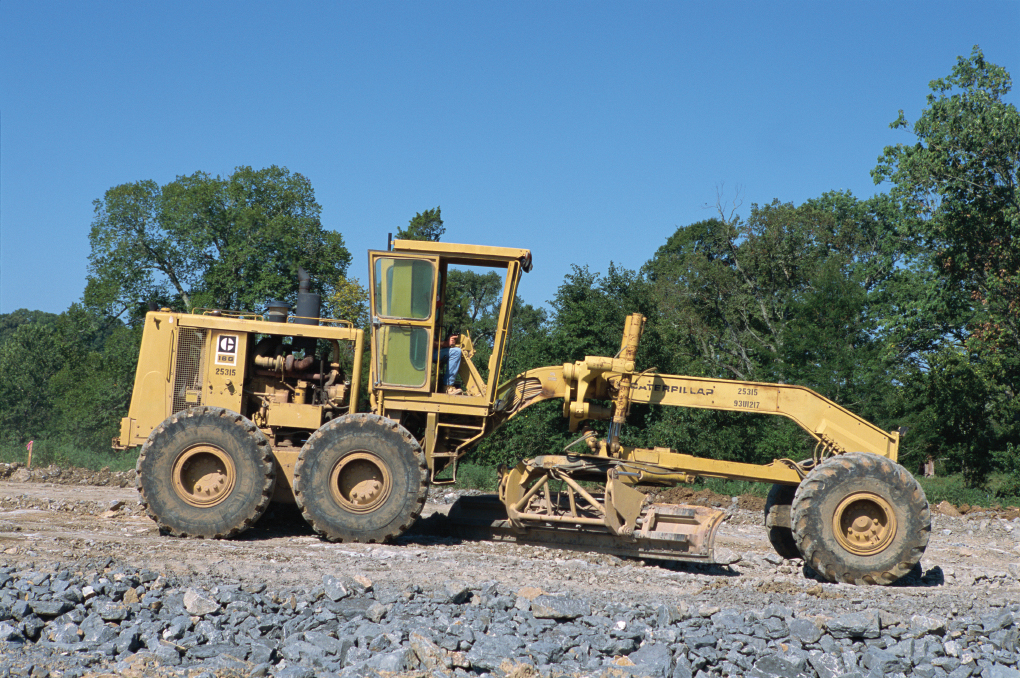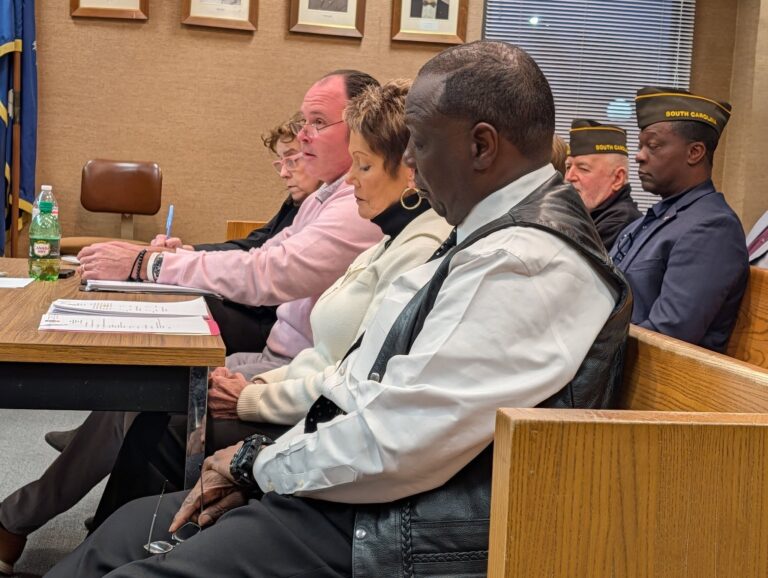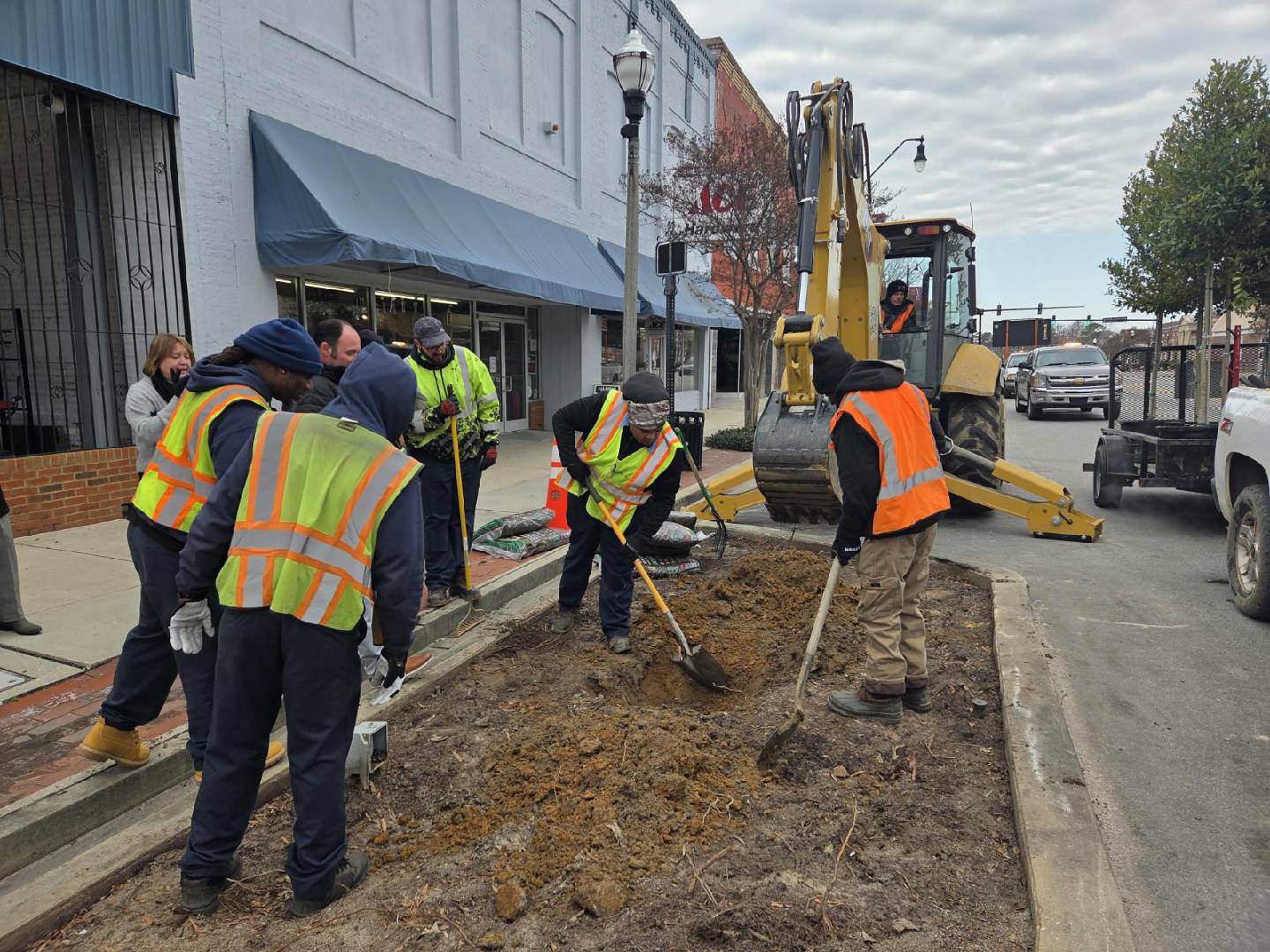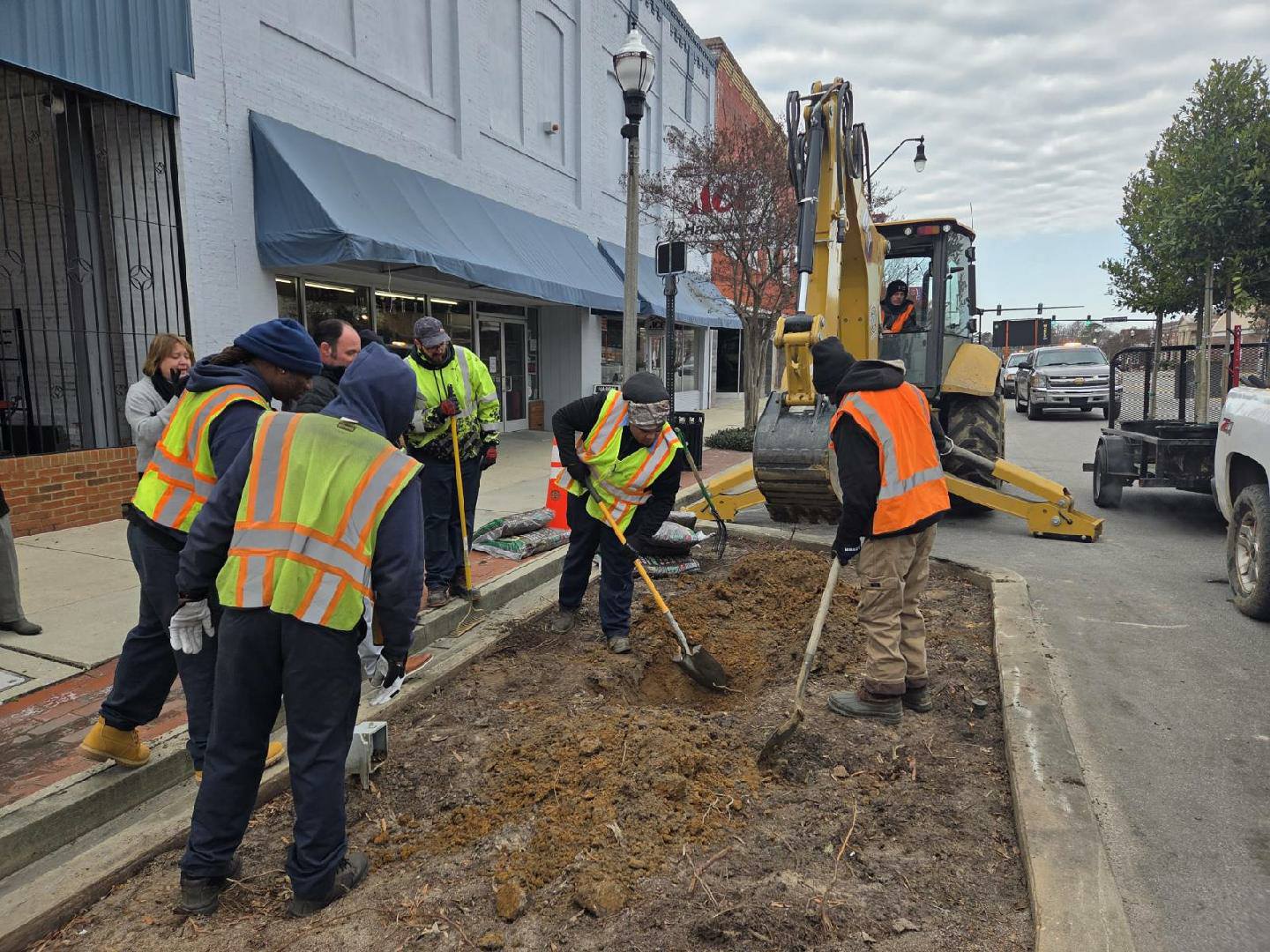The public often has a misconception about what Dillon County Council members can and cannot do and what they have authority over. Often what people think and what the truth is are two different things. Let’s clear up some of the misconceptions.
What authority does the Dillon County Council have over the school system?
None whatsoever. The districts have their own local boards and a county board which governs school functions.
I need a load of dirt, my private drive maintained, or something done to my private property, can my councilman help?
The answer is no. The county cannot haul dirt to your property. The county cannot dump dirt on the highway right-of-way for you to spread on your property. As stated in an order by Judge Paul Burch in 1992, this practice is “blatantly illegal.” The order states “The Fifth and Fourteenth Amendments to the United States Constitution clearly state that no person shall be deprived of property without due process of law. Additionally, Article 1, Section 3 of the South Carolina Constitution likewise prohibits Dillon County from depriving any person of property without due process of law. This has been construed to mean that no tax funds can be used for other than a public purpose. It is this Court’s finding that the spending of tax revenues for the purpose of maintaining and providing equipment, labor and material to private property owners in the construction and maintenance of private driveways and the dumping and leveling of dirt on private property is clear violation of the Fifth and Fourteenth Amendments to the United States Constitution.”
The order further states ” Article 10, Section 3 of the South Carolina Constitution (which requires that tax funds shall be levied only in pursuance of a law which distinctly states the object of the tax, and that they shall be expended only for the purpose stated) clearly prohibits the use of tax funds for private purposes such as the construction and maintenance of private driveways and avenues and the hauling of and providing of dirt to private property and the leveling of same at public expense for the benefit of the private property owner. Likewise, Article 10, Section 6 of the South Carolina Constitution provides that counties are authorized to levy taxes solely for the purposes of building and repairing public roads, building and bridges, and for other public purposes clearly stated in the South Carolina Constitution.”
I want my private drive scraped and leveled, can my councilman get that done?
No. Judge Burch’s 1992 order said that “duly elected public officials, employees, agents and servants, are hereby permanently restrained and enjoined from constructing, scraping, leveling or otherwise maintaining driveways located on private property within the county.”
Can the county maintain a cemetery?
No, not if someone has been buried in the cemetery within the last 10 years. In 2010, Judge Paul Burch issued another order where this was explained. In the order, he states, “Dillon County is enjoined from using county personnel and county equipment for the preservation and protection of cemeteries until and unless said cemeteries have been abandoned. The Court notes that ‘abandon’ as defined in Black’s Law Dictionary is defined as ‘To give up absolutely; to forsake entirely; to renounce utterly; to relinquish all connection with or concern in.’ The Court finds that a cemetery that is still being used for burials or one which has been so used for a period of less than ten (10) years cannot be defined ‘abandoned.’ Dillon County is therefore enjoined from using county personnel and or county equipment for the purpose of maintaining any cemetery which has been used for the burial of human bodies within the prior ten (10) year period.”
Can my councilman get my road paved or graveled?
No. Your councilman has absolutely nothing to do with getting roads paved and graveled. The County Transportation Committee decides which roads are paved and graveled with the funds they have available. Often these decisions are made well in advance of when the work actually happens.
Can my councilman direct an employee to pick up litter or direct an employee to do any function?
No. That’s the county administrator’s job. All your councilman can do it to report it to the administrator and the administrator’s job is to direct employees as to what they should be doing. Judge Burch’s 2010 order states, “That the Dillon County Council members are jointly and severally enjoined from dealing directly with county employees who are subject to the direction and supervision of the Dillon County Administrator and they are ordered to comply with Section 4-9-660 of the South Carolina Code of Laws. Council Members shall deal with County Employees only through the Administrator except for the purposes of inquires and investigations. These inquiries and investigations must be approved by a majority of Council in advance of the inquiry or investigation. County employee personnel issues shall be handled through the County Administrator and in accordance with the County’s established personnel policies. Any violation of this Section 4-9-660 of the South Carolina Code of Laws and of this provision of this Order may lead to severe fine or jail time for those Council Members who violate this provision.”
County policy, state law, and the two orders by Judge Burch from 1992 and 2010 are clear about the daily activities of council. Some leeway can be temporarily granted on some matters during a severe emergency or disaster. Often councilmembers want to help, but are limited in what they can do. They must follow state law and judge’s orders.






